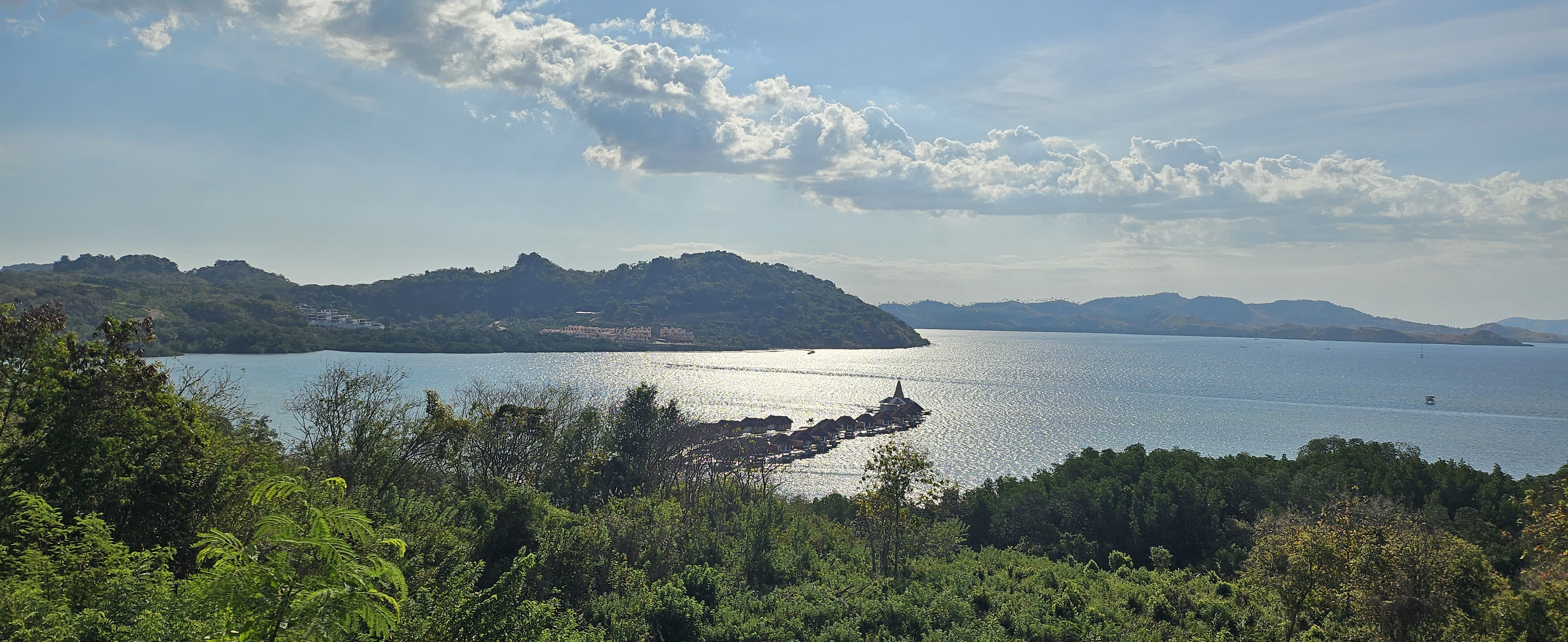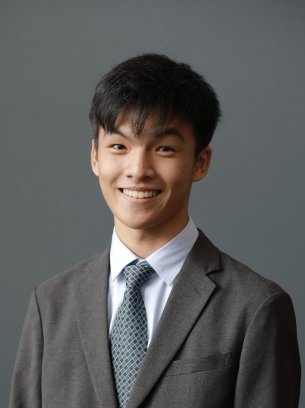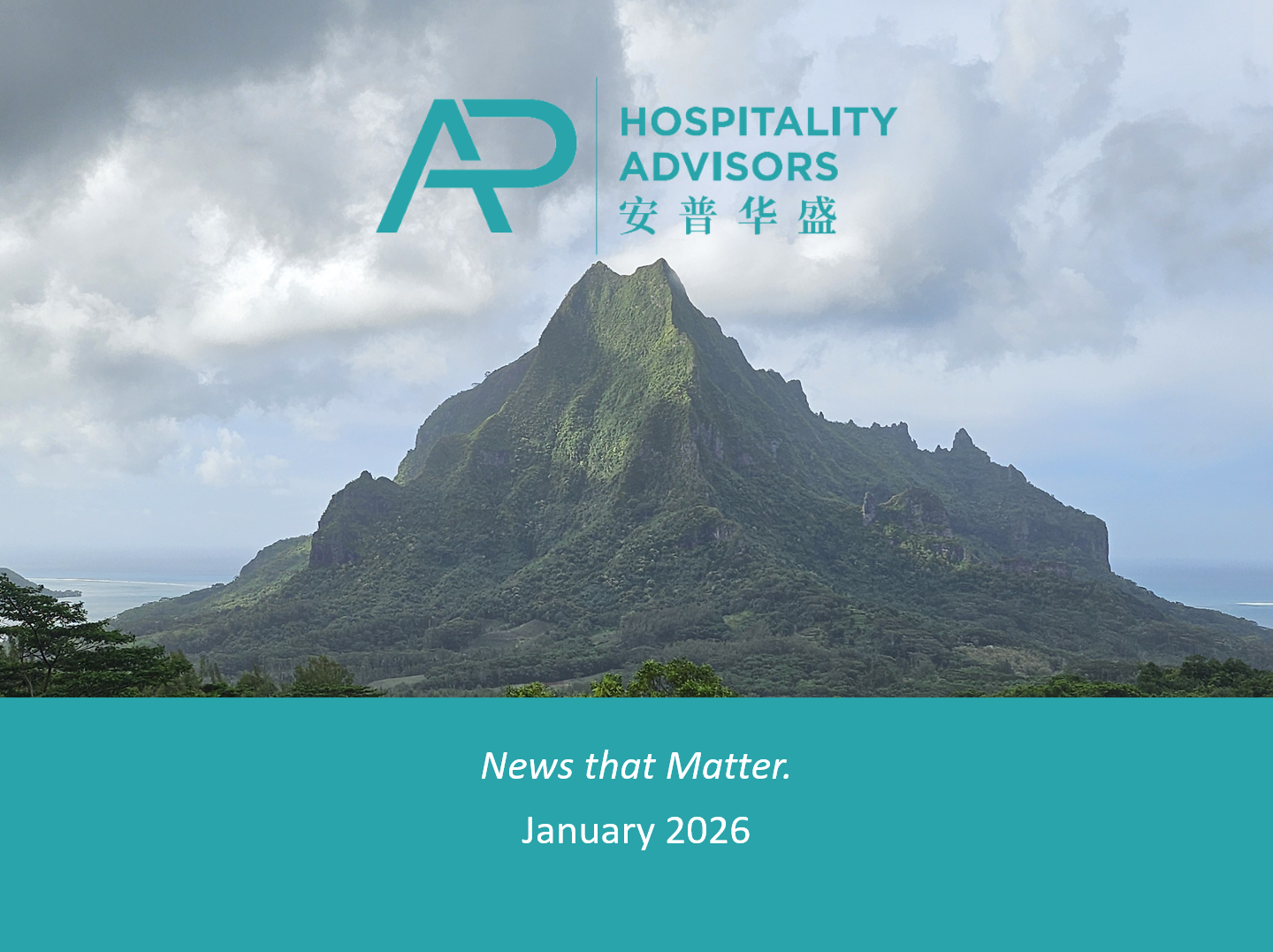AP COVID Hospitality Bulletin Asia Pacific - October 2022

New Article
Follwoing the previous AP article about Thailand, the latest articile, Singapore Dispatch - woes of a recovery, presents the update of the hotel market in Singapore after its reopening. While we see the rate is surging during F1 earlier this month, there is more to understand behind the recovery in Singapore. Click here for the full article.
Deals that Matter.

1. Hotel COZI Harbour View & Hotel Ease Mong Kok, Hong Kong
- It is reported that Hong Kong-based co-living operator, Weave Living has acquired two hotel properties, including 598-key Hotel COZI Harbour View and 199-key Hotel Ease Mong Kok, from Tang Shing Bor family. COZI Harbour View changed hands at HKD2.47 billion (USD315 million) or HKD4.1 million (USD526,000) per key; Hotel Ease Mong Kok was sold at HKD730 million (USD93 million) or HKD3.7 million (USD467,000) per key. Located in the neibourhood of the second CBD of Hong Kong, Hotel COZI Harbour View is within walking distance to a number of office and industrial buildings. On the other hand, Hotel Ease Mong Kok is a block away from Yau Ma Tei MTR station, and 10-min ride from Central and major attractions. As the end of September, Weave Living has acquired five hotels in Hong Kong in 2022, and the newly acquired properties are expected to be repurposed as co-living properties.
- Besides the hotel acquisitions in Hong Kong and Singapore, Weave Living also announced its acquisition of an en-bloc apartment building in Robinson Road through a joint venture with LaSalle Investment Management for HKD275 million (USD35 million) in August. This acquisition marks the diversification of its portfolio into luxury living, catering to young couples and families in the city.
2. Pasir Panjang Inn & Kampong @ Arab Street, Singapore
- Singapore-based LHN Group announced its back-to-back acquisition of two hotel properties to support the growth of the Caliwoo brand, a co-living concept. Located in WestCoast, Pasir Pangjang Inn was sold by budget hotel operator, LA Group, at SGD30million (USD21 million) or SGD555,000 (USD387,000) per key. Kampong @ Arab Street was acquired from Chamber Investment Holdings for SGD6.39 million (USD4million) or SGD103,000 (USD72,000) per key. Both transactions are expected to complete in December this year and would be reopen as co-living properties under Caliwoo after the conversions.
- By the end of September 2022, Caliwoo had a portfolio of over 1,000 keys in the Lion City with three upcoming projects together with these two acquisitions. Targeting the large group of young professionals and international students, co-living has become a growing lodging market in Singapore. Besides the expansion of Caliwoo, Lyf by the Ascott also has three properties featuring close to 1,000 rooms across the city.
3. 2ND by hotel and rooms Portfolio, Japan
- A pair of 2ND by hotel and rooms properties in Japan are sold to Travelodge Hotels at an undisclosed sum, including the 212-key property in Sapporo and 211-keys in Nagoya. Both properties would be rebranded under Travelodge properties and open as Travelodge Sapporo Susukino and Travelodge Nagoya Sakae, respectively. 2ND by hotel and rooms is a hotel brand developed by Japan-based Solare Hotels & Resorts, and after the transactions, the brand would no longer have operating properties.
- The weak Japanese yen and relaxation of border restrictions are attracting both hotel investors and developers. Japan-based Ichigo Hotel REIT Investment Corporation recently acquired the 160-key Hotel Sunshine Utsunomiya in Togochi for JPY2.2 billion (USD15 million) or JPY14 million (USD95,000) per key. Located within walking distance to the JR station, the property is well situated in the area. Moreover, the area has the potential to grow with future development.
Deal Watch
Bvlgari Residences Shanghai, China
Hong Kong-listed OCT Asia is seeking buyers of its subsidiary owning the Bvlgari Residences Shanghai. The seller plans to sell its 51% share for no less than RMB 588 million to generate cash inflow to increase liquidity. The subsidiary currently owns 133 units of the residence and land tenure. Opened in 2017, the property is located on the north bank of Suzhou Creek in Jing'an District, just 3 walk away from the iconic Bund.
News that Matter.
Hong Kong SAR
- After more than two years of mandatory quarantine of all inbound travellers, Hong Kong finally announced the ‘0+3’ policy in late September despite 3-day medical surveillance with at least 4 PCR tests and daily RATs for a week. Additionally, medical surveillance would limit visitors’ activities, and places such as bars and restaurants are not allowed to enter. The relaxing measures are in place to get prepared for the upcoming international events in November, including the banking summit hosted by Hong Kong Monetary Authority (HKMA) on November 2 and Hong Kong Sevens from November 4 to 6.
- While the new measures would increase both inbound and outbound travel, it is likely to take months to see stable growth of visitors and flights. To boost the recovery of tourism, the Hong Kong Tourism Board (HKTB) said it would give away 500,000 airline tickets worth HKD2 billion (USD254.8 million). However, major airlines are struggling to schedule flights back to the level of the pandemic, and the free tickets are going to be distributed next year once the flights are confirmed.
Indonesia
- After opening its border gradually to international travellers since January this year, Indonesia has started to see the return of international visitors in the past few months. The number of visitor arrivals reached 510,200 in August, the highest since reopening, and year-to-date August data shows 1.73 million visitors in 2022, doubling the figure in 2021. The Ministry sets an annual target between 1.8 and 3.6 million for 2022 and 3.5-7.4 million for 2023. Despite the economic recession globally, the Ministry is optimistic about international tourism in Indonesia.
- With a population of more than 270 million, the country also relies on domestic travellers. Additionally, despite the absence of Chinese tourists, the Ministry maps out five main markets for Indonesian tourism, namely Australia, Singapore, Malaysia, India, and the UK.
- With the resumption of flights and return of travellers, the government hopes to see the investment on hospitality and tourism industries increase at the same time. The Ministry targeted US$6-8 billion investment in priority destinations, special economic zones, and sustainable tourism destinations across the country.
Vietnam
- The recovery of Vietnamese tourism, on the other hand, seems to slow down, despite the optimistic outlook shared by the Ministry. As of the end of September, the country has received 1.87 million international visitors, only 37% of its 5-million goal for the year. The industry worries the strict visa policy would hinder a substantial recovery in the long term. At this moment, Vietnam provides a visa-waiving program to citizens from 24 countries, and most travellers still require to apply for an e-visa for a 30-day single entry.
- The tourism industry is hoping to see more international visitors during the year-end holiday season, especially from long-haul markets. Popular destinations are slowly picking up after the number of international flights increased. For example, a healthy growth of Indian tourists has been observed since the launch of direct flights between Phu Quoc and India. Meanwhile, the industry is also eyeing the revival of key markets, including Japan, South Korea and Taiwan, after the governments further eased travel restrictions at the year's end.
Reopening Status in Asia Pacific.
On top of the reopening of Hong Kong SAR, more countries and regions announced plans to reopen its border.
- Japan lifted the restrictions on quotations and visas on October 11, and visa-free entry agreements are valid for eligible travellers as well.
- Taiwan announced that ‘0+7’ would be effective starting from October 13, ending the mandatory isolation for all inbound travellers. While regular testing is required, visitors are allowed to take public transportation and dine in restaurants with negative RAT results.
On the other hand, the mandatory quarantine in China and Macau SAR still remains for most inbound travellers, and there are no plans to relax the measurements announced.








